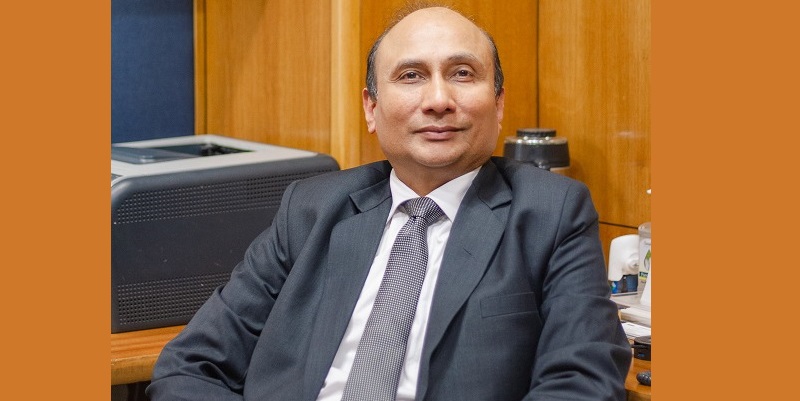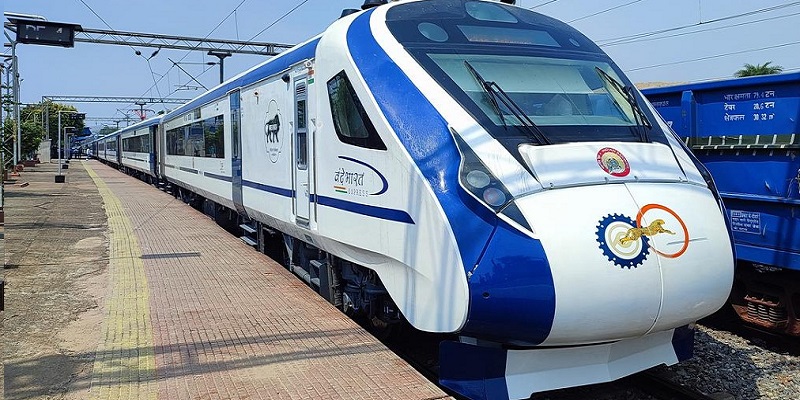Schedule a Call Back
Indian Railways drives the Indian demand for stainless steel: Tarun Kumar Khulbe
 Interviews
Interviews- Oct 15,24

Related Stories

Indian Railways drives the Indian demand for stainless steel: Tarun Kumar Khulbe
In this interaction with Rakesh Rao, Tarun Kumar Khulbe, CEO, Jindal Stainless delves into the increasing use of stainless steel in Indian Railways.
Read more
Ramakrishna Forging to manufacture Vande Bharat and metro coaches in Jamshedpur
Despite these industrial advancements, Adityapur continues to grapple with infrastructure issues such as poor roads and inadequate drainage systems, which have persisted for over five years.
Read more
Indian Railways offers big opportunity for suppliers with Rs.2.65 trn capex
With Rs. 2.65 trillion capex in 2024-25, Indian railway sector presents a big opportunity for suppliers because of Vande Bharat, rising wagon demands (due to dedicated freight corridors), investment..
Read moreRelated Products

Ball Rail Systems
Jinisha Electrolites offers a wide assortment of ball rail systems











